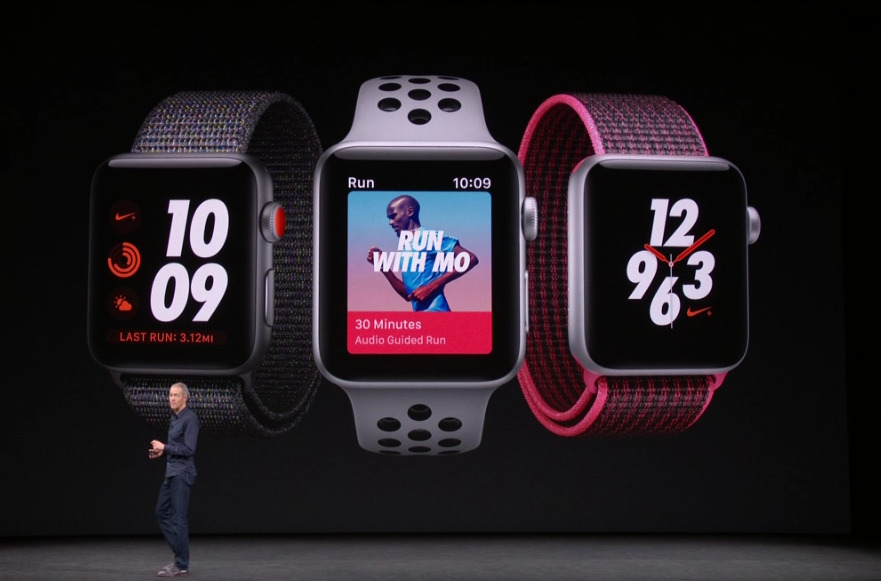Apple Watch Can Detect Abnormal Heart Rhythms With A 97% Accuracy Rate
One of the more interesting aspects of the Apple Watch is that the marketing narrative around it has completely changed. When it first launched, the Apple Watch was positioned as something of a stylish fashion accessory that let users engage in lightweight tasks such as quickly checking notifications. Before long, though, it became clear that the device's main allure was its array of health and fitness features.
Beyond the Apple Watch's standard suite of fitness oriented features, there have been a number of stories in recent years involving Apple's wearable actually saving lives. Just this past October, for example, an Apple Watch wearer was alerted (via an accompanying iOS app) that his heart rate was abnormal. Upon going to the hospital, the wearer was found to have a pulmonary embolism, a serious condition that can be fatal if not treated.
All that said, a new study put together by the team behind the Cardiogram app reveals that the Apple Watch's heart rate sensor — when used in conjunction with a deep learning tool — can detect irregular heart rhythms with a 97% success rate. Incidentally, Cardiogram earlier in the year, in conjunction with the University of California San Francisco, published a study detailing how the Apple Watch, when used with an AI-based algorithm dubbed DeepHeart, can also detect the early onset of diabetes.
As for the Apple Watch's ability to detect abnormal heart rhythms, that particular study was recently written up in JAMA Cardiology. The study itself involved 9.750 Cardiogram users and recorded 139 million heart rate measurements. It's worth noting that the subjects in the study were prone to having an irregular heartbeat before participating in the study.
Modern Healthcare reports:
Smartwatches could catch atrial fibrillation that would otherwise go undetected, the authors wrote. "Readily accessible means to detect and screen for silent [atrial fibrillation] are needed," they wrote. Because smartwatches are noninvasive, relatively inexpensive, and increasingly popular, they'd be well-suited for the task.
The watch and algorithm were most accurate when used with patients who were being actively treated to return regular heart rhythms but less accurate with people who had a history of atrial fibrillation.
The report in JAMA can be viewed over here.
